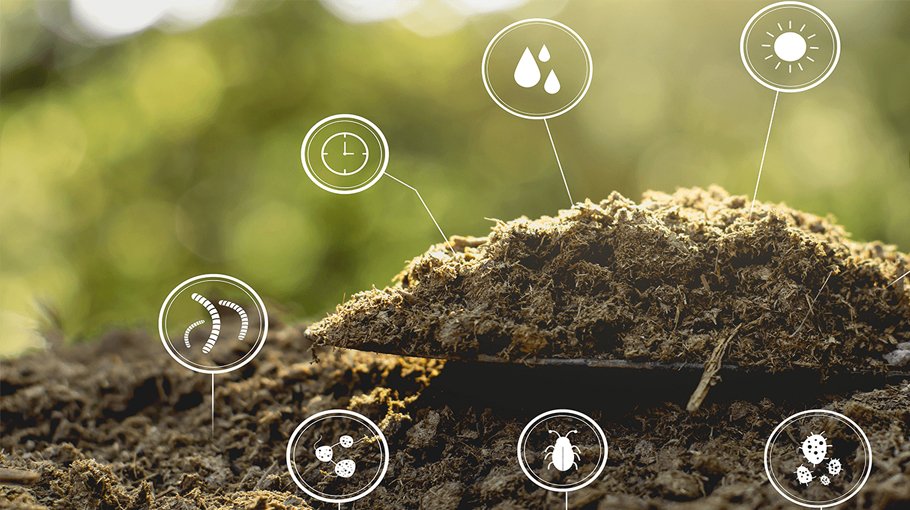Animal waste can boost export earnings

Bangladesh has the potential to earn a huge foreign currency through exports of sacrificial animal waste such as bones, horns, hooves and entrails to other countries.
Despite having the immense potential, more than half of these discarded by-products are still wasted every year due to a lack of awareness and government support as well as inefficient collection system, according to traders.
Rabiul Alam, Secretary General of Dhaka Metropolitan Meat Traders Association, told Bangladesh Post, “Sacrificial animal bones, horns, intestines, fat and testicles are all exportable. Due to lack of awareness, over 50 percent of this waste is discarded. A complete system is required to ensure that these organs are collected, processed and exported properly.”
He further said that as per the official data, over 91 lakh animals were sacrificed this year. Over 7.2 crore kilograms of bone can be generated from over 47 lakh cattle and buffaloes. Even at a low price of Tk 8 per kg, its market value is over Tk 57 crore for bones only.
Like Rabiul, some people have their factories at Hazaribagh and Kamrangirchar where they process their waste into exportable products. Bones and horns are washed, dried and crushed into powder called ‘Neetbon’, which is sold to pharmaceutical companies to make capsule covers and collagen. This powder is also a key ingredient in animal feed and fertiliser.
Horns after processing are crafted into high-end and eco-friendly buttons. A company based in Saidpur is exporting Tk 18-Tk 20 crore worth of buttons to Germany, China and Spain annually. Another entrepreneur Monir Millat said, “Our country has demand for 40-45 crore capsule covers each month. To meet the demand, several hundred tonnes of animal bones are necessary. I purchase bones at a rate of Tk 15-Tk 22 per kilogram and sell them at Tk 25-Tk 30. Large companies consistently buy bones from me throughout the year.”
He also mentioned that suture threads used in surgeries are produced from animal nerves, bird feed is produced from blood, soap is made from fat and video clips are created from hooves. The preferred delicacy in Japan, Korea, China and Germany is prepared from testicles following the sous-vide method.
Similarly animal’s organ known as pizzle is exported to both USA and Canada. This organ is a favoured food item for pet dogs. Currently, it is priced between $20,000 and $22,000 per tonne. Additionally, entrepreneurs estimate that exports of discarded cow intestines and ears can fetch Tk 500-Tk 800 crore annually.
Furthermore, cow intestines are exported to various countries, including Vietnam, China and Thailand where they are in high demand. The price of pizzle ranges from Tk 60 to Tk 70 while intestines are sold for Tk 300 to Tk 400 each.
Due to the growing demand, several warehouses have been established at Hazaribagh, Posta, Jatrabari and Gabtoli in the capital to collect these special organs and sell them to exporters. These organs are mainly collected from seasonal traders and street children especially during Eid.
However, the sector operates in an informal grey market, without specific government policies, creating environmental and health risks.
“It is a promising sector but if it left unmanaged which can pose threat to our environment. If we can promote the sector, we can save millions of taka,” said environmental researcher Dr Momtaz Hoque.
Experts and traders say that a coordinated national strategy is essential to tap the potential. This involves creating a formal system with clear policies, licensing and dedicated export codes for these products, they added.



